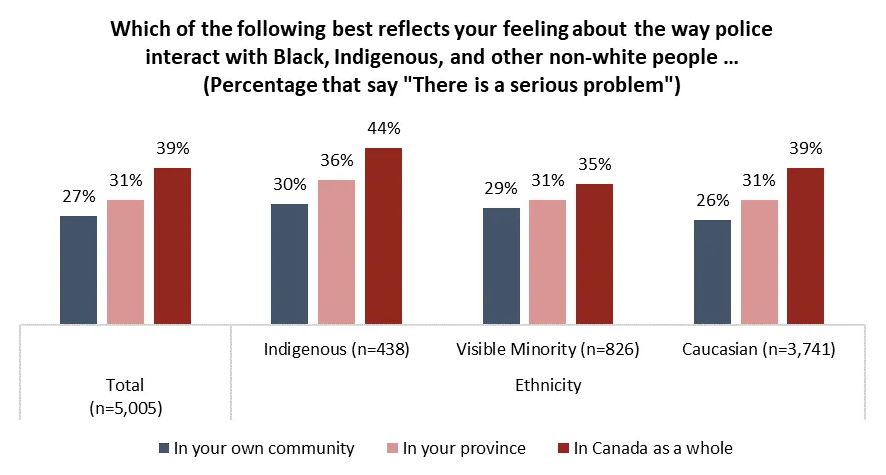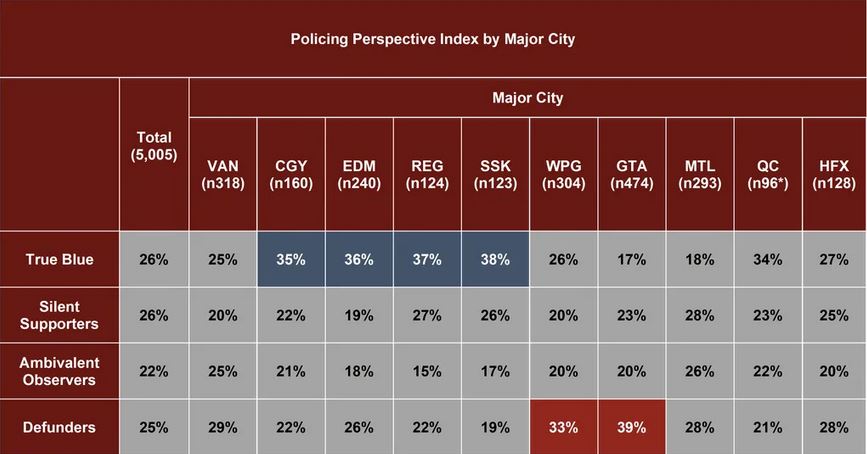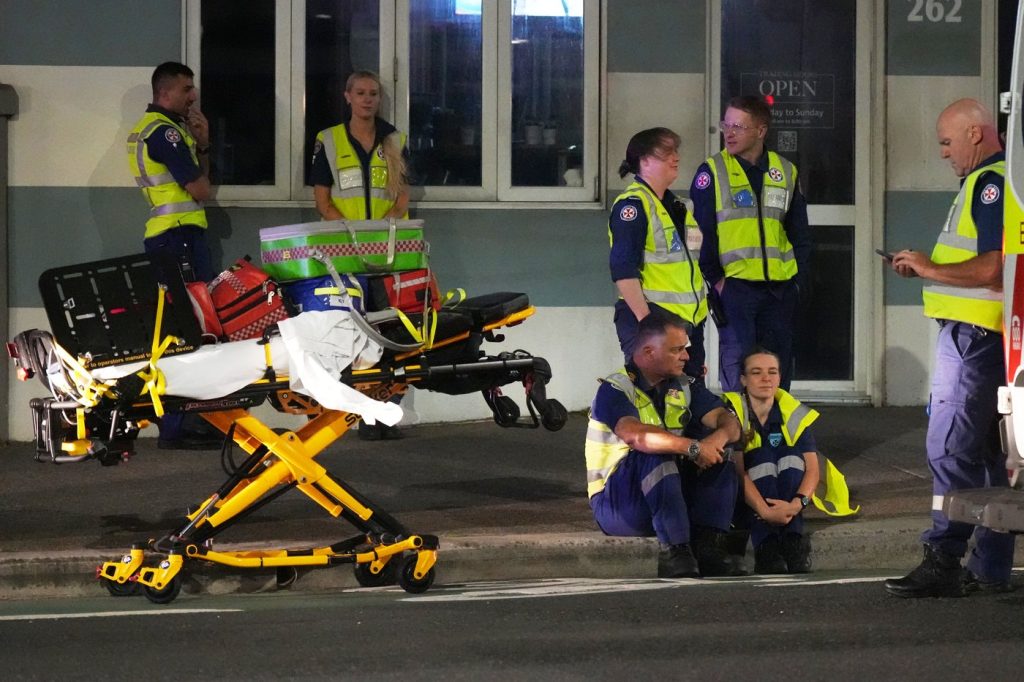Calgary police continuing work on anti-racism plan, updating use of force
Posted Oct 27, 2020 3:23 pm.
Last Updated Oct 27, 2020 3:31 pm.
This article is more than 5 years old.
CALGARY (660 NEWS) — Months after protests shined a spotlight on concerns around the police and systemic racism, the Calgary Police Service is continuing to implement an action plan on anti-racism.
In a meeting of the Calgary Police Commission on Tuesday, an update was provided on this work and some other efforts underway to modernize the service.
“I know that I speak for all of us on the Calgary Police Commission when I say that we condemn anti-Black racism, and racism and prejudice in all forms,” said Commission Chair Bonita Croft as the meeting opened.
The update stems back to a meeting at Calgary City Council in September, where members of the police and the commission presented councillors with the work so far, and how the service can branch out for a broader conversation within the community about keeping a diverse group of people safe.
Chief Constable Mark Neufeld told the commission that their position is to spark systemic change within the CPS, starting from the executive team at the top, and reaching out to as many people as possible both within and outside the organization.
“Without the engagement and without taking the time to make sure that we’re hearing those voices that we might not otherwise hear, then we’re never going to be effective,” he said.
Neufeld said it is a bit of a “paradigm shift” to do the work, along with balancing the desires for efficiency and expediency, but it is essential. He said they also need to focus on people with lived experiences that may be uncomfortable so they can avoid getting stuck in an echo chamber with people who think there’s nothing wrong.
That said, there are still some challenges present including how the COVID-19 pandemic has affected the work and some slow movement on other topics.
The policies around equity, diversity and inclusion in the CPS have been slightly delayed due in part to the pandemic but also in response to some other guidelines coming forward from council and advocacy groups like Black Lives Matter Calgary.
“But we’re working on that important work now and it has become a significant priority for us moving forward,” said Deputy Chief Raj Gill.

Thousands of protestors march down 8th Street SW in downtown Calgary during a Black Lives Matter demonstration. Wednesday, June 3, 2020.
There are also people hoping to see some fast results from all this work, although there was an acknowledgement that it will take a bit of time to see anything concrete come clear due to the nature of this work.
“Tangible changes around anti-racism work may be more difficult to point to,” said Neufeld.
“I think the measurement on some of these is a little bit more complicated. So, to be able to point from A to B, to direct this was a cause of that, I think that may be a more difficult thing and I think it may be further down the road.”
Neufeld also urged members of the service to keep an open mind, as there is some dissent within the ranks about how valuable these efforts are. There will be expanded training efforts to update policies and eventually recruits will see some changes that will also determine if their training officers are a correct fit. Nevertheless, it can be difficult to start from this foundation and Neufeld said there has to be some patience.
“In the meantime, the discussions continue all over the workplaces and I think those discussions that are had are being had in corners where they probably weren’t being had previously, and I think that’s a really positive thing.”
The commission also heard an update on use of force policies, following the Wittmann report that was completed in 2018. At this point, over 80 per cent of the recommendations made by Justice Neil Wittmann have been put into place, but there are also some delays in implementing a few recommendations due to a combination of factors like COVID-19 and budgeting.
Chair Croft said they are committed to not let this report collect dust, and the CPS noted that the most important piece that still needs to be implemented is updates on the Police Training Officer program.
Questions were also put forward about a court case involving an officer charged with assault due to a use of force incident on a woman who was detained in 2017. Neufeld said since the matter is before the courts he cannot say much about it, but it is concerning and noted that the alleged incident also occurred before the Wittmann report was completed.
Commissioner Marilyn North Peigan added that she is hopeful the report can go towards preventing similar incidents and wondered if this was another “bad apple” type of situation.
Talk about re-allocating police funds continues as well, and there will be more developments on that coming in the November budget discussions at city hall.
“Looking at different ways that we might be able to respond to different types of calls, that police may not be the best first responder,” said Neufeld. “The important proviso is that it would have to reduce demand for police in the short term.”
In a part of the meeting where the public could offer comments, the only person who spoke was Adora Nwofor, President of Black Lives Matter Calgary. Nwofor said the police need to be transparent about who they are engaging with while developing this plan and that there needs to be a focus on diverse communities sparking the discussions.
“I think that it’s very important for BIPOC (Black, Indigenous and people of colour) to be leading in the consultation of any and all of these things that are dealing with anti-racism,” said Nwofor.
“I’m a Black woman and I don’t often see us at the table having a voice or having anything that we say be applied.”
Nwofor also asked if there was data available on how many BIPOC members are in the Calgary Police Service, and some data on that is available through a 2017 census done within the organization.

Calgary Police Service 2017 census
This all comes as a new study also showed increasing support for re-allocating police funds and growing distrust of police in urban centres.
The report from Angus Reid shows one-in-four Canadians back cutting local police budgets, and that there should be more work on social welfare rather than strict police enforcement.

Courtesy: Angus Reid Institute
There are a lot of demographic splits in the poll, with Calgary among the jurisdictions showing the most support for police, and young people being much more in favour of progressive action as opposed to older Canadians. In terms of political leanings, conservative voters are also more likely to be vocal supporters as opposed to left-leaning voters.
One topic that seems to have very broad support around the country, no matter where you are from and who you vote for, is that the RCMP specifically has problems with systemic racism.
“There is a sense that racism and just the treatment of non-white people in Canada, when it comes to the police, is something that the country has to deal with,” said Angus Reid Research Director Dave Korzinski.

Courtesy: Angus Reid Institute
As Neufeld noted it will be hard to get a full consensus on this matter and that underscores the need for more discussions and consultations, Korzinski said police services can use this kind of data to show who may need to be targeted for these talks.
“You have to be a bit more creative. I think it’s very difficult to just hold a press conference and hope that the information trickles down to people who might be less likely to agree with you,” said Korzinski.
But he also said that there is a lot of value in this work, even if it takes a long time to see results and at the end of the day there may still be lingering dissatisfaction among different populations.
“A lot of goodwill can be earned, just going ahead and saying that we realize that there are these problems and we’re working to solve them.”








